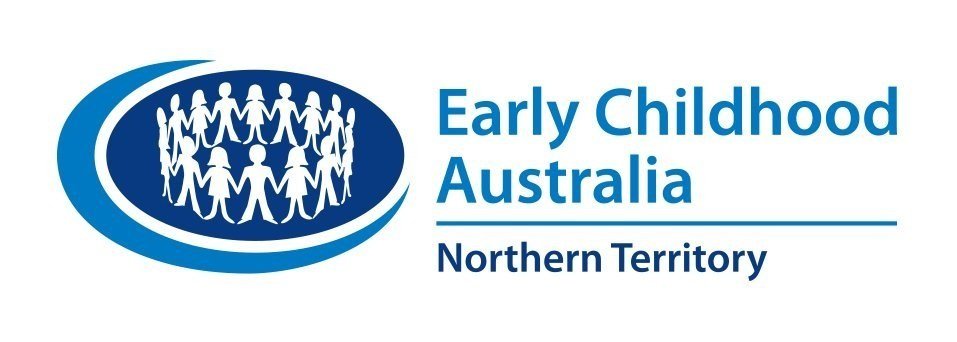Inclusion Support Program
The Inclusion Support Programme (ISP) is a key component of the Australian Government’s Child Care Safety Net and will provide support to ECCC services to build their capacity and capability to include children with additional needs in mainstream services; providing them with an opportunity to learn and develop alongside their typically developing peers.
ISP provides support directly to ECCC services, however families and children with additional needs benefit through improved inclusion and capability for mainstream ECCC services to provide quality inclusive practices and address barriers to include children with additional needs alongside their typically developing peers.
Inclusion Support Program (ISP) Continuous Improvement Survey
Attention Directors and Educators: We would like to invite you to participate in a survey regarding the provision of inclusion support from your NT Inclusion Agency, Early Childhood Australia NT Branch. The survey will take no more than 10 minutes to complete and will help us to improve our services to you.
The survey is available via this link -
https://www.surveymonkey.com/r/MMCTYMD
Thank you for your assistance.
Support available through the ISP includes:
Inclusion Professional Support
Support from one of our inclusion professionals to assist services to build their capacity and capability through the development of a Strategic Inclusion Plan (SIP), which looks at the current capacity and capability of a service through a strengths based approach.
Specialist Equipment
Specialist Equipment to facilitate and support the inclusion of a child or children with additional needs.
Funding
Funding from the Inclusion Development Fund (IDF) to address a barrier to inclusion that cannot be resolved through support from an Inclusion Agency or the Specialist Equipment Library (SEL).
Program Objectives
The ISP has two primary objectives to:
Capacity & Capability
Support mainstream ECCC services to improve their capacity and capability to provide quality inclusive practices, address participation barriers and include children with additional needs alongside their typically developing peers.
Access to services
Provide parents and carers of children with additional needs with access to appropriate ECCC services that assist those parents to participate in the workforce.
Children with Additional Needs
The National Quality Standard defines a range of risk factors that may (but not always) lead children to be vulnerable to sub-optimal learning and life outcomes. The Inclusion Support Program summarises these additional needs as follows:
children with disability including those undergoing assessment for disability
Aboriginal and Torres Strait Islander children
children from culturally and linguistically diverse backgrounds
children from a refugee or humanitarian background
children with serious medical condition/s
children presenting with language and speech delays
children presenting with disruptive behaviour
Service Delivery Model
The ISP consists of three key elements:
Inclusion Agencies (IAs)
In each state and territory, an Inclusion Agency is contracted to assist eligible services build their capacity and capability to provide and embed inclusive practice in their delivery of early learning and care programmes. Section A of the Guidelines outlines the role of IAs and how ECCC services can access IA non-financial support.
Inclusion Development Fund (IDF)
The IDF provides funding to assist eligible services to address a barrier to inclusion that cannot be addressed by the support provided by an Inclusion Agency. Sections B, C, D, E and F of the Guidelines outline the Inclusion Development Fund and how services can apply for support.
Inclusion Development Fund Manager
A single national Inclusion Development Fund Manager is contracted to provide nationally consistent and equitable management of the IDF through assessing applications for funding and communicating outcomes to services. Section G of the Guidelines outlines the role of the Inclusion Development Fund Manager and how it interacts with services.
Click on the Link










